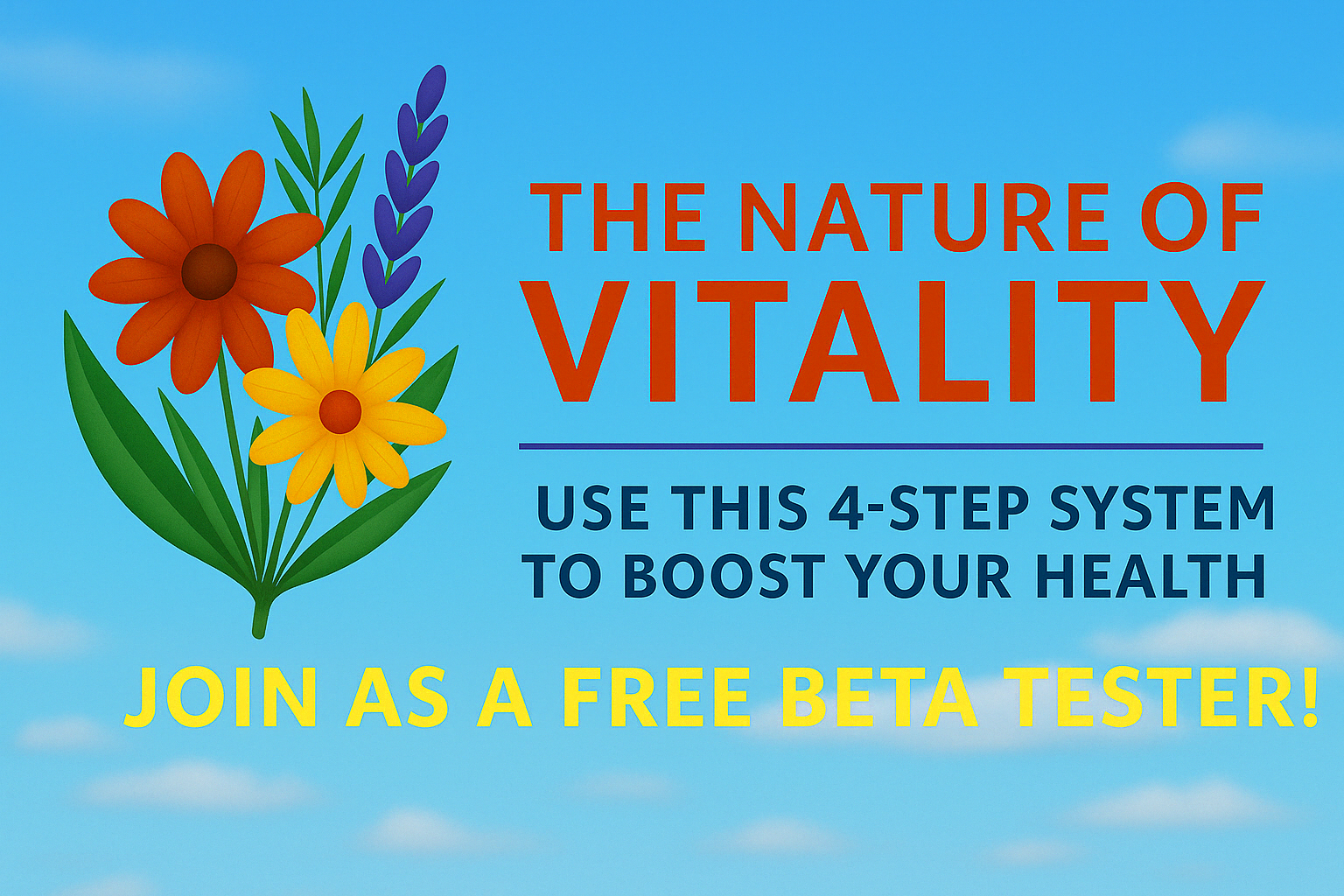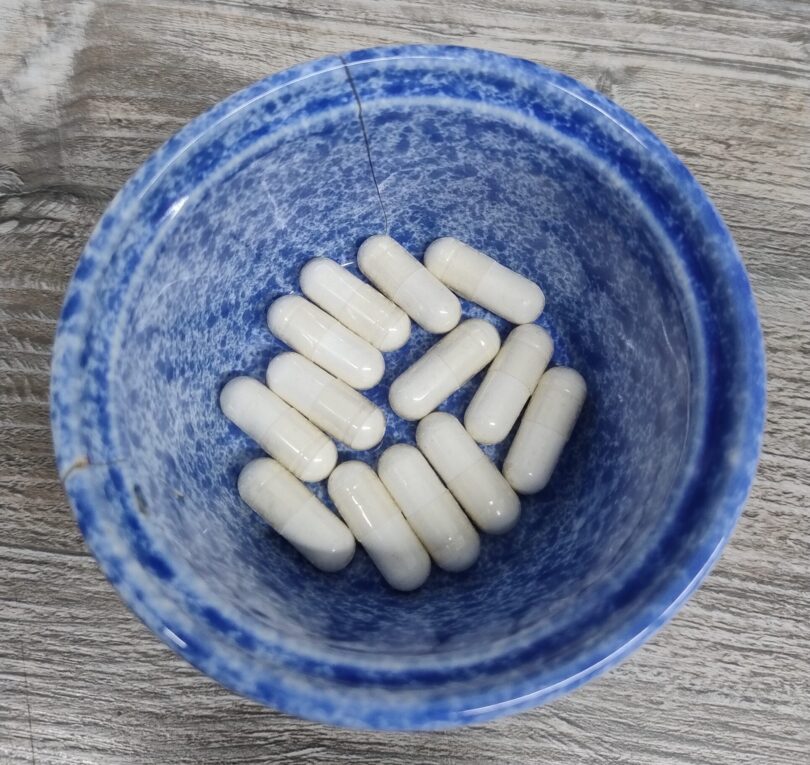Acetylcysteine also known as N-acetylcysteine or N-acetyl-L-cysteine (abbreviated NAC) is a derivative of the amino acid L-cysteine. Health benefits come from the fact that amino acids help the body build protein. NAC also provides excellent antioxidant support in the body.
Antioxidant Effect Explained
In NAC, which is an acetyl group (COCH3) is attached to the nitrogen atom in cysteine. NAC is then a precursor in the formation glutathione, which is a powerful antioxidant in the body. The thiol (sulfhydryl) group gives glutathione its antioxidant effects as it is able to reduce free radicals by donating electrons to bond with any unpaired electrons found in the body. Unpaired electrons are usually produced by the body in response to damage, illness and stress.
Glutathione is stable even when it donates these electrons, hence it is an excellent antioxidant as it doesn’t continue the chain effect of grabbing electrons. This is how all antioxidants work.
Health Benefits of N-Acetyl Cysteine
As well as its powerful antioxidant effect, NAC offers many other health benefits ranging from counteracting poison to remedying lung infections.
For example, Acetylcysteine works to treat bronchitis, ear infections, help relieve hangover symptoms, help with symptoms of Lou Gehrig’s disease and heart disease, lower cholesterol, reduce cancer treatment side effects, help with polycystic ovary syndrome, increase immunity against certain strains of influenza, help increase energy and allow the body to recover faster after a sports injury.
It may lessen symptoms of these diseases and also reduce common side effects from the medication used to treat these patients.
Psychiatric Conditions
It is also thought to help in various psychiatric conditions. So far results are looking very good for: bipolar disorder, schizophrenia, Alzheimer’s, depression, cocaine craving, smoking, and obsessive symptoms. It may also help with autism, as this condition may be due to cysteine and related sulfur amino acids depletion.
Counteracting Poison
Acetylcysteine is so powerful, in fact, that it works to help counteract acetaminophen poisoning and carbon monoxide poisoning. Individuals exposed to certain heavy metals like cadmium, mercury or lead often take the medication to help counteract dangerous side effects of exposure.
The supplement also helps prevent an allergic reaction to x-ray dyes and phenytoin (which is an anti-seizure drug) and reduce the side effects of some cancer treatments.
Destroying Spike Protein
There is evidence that NAC works well with Bromelain to destroy spike proteins. Bromelain is a mixture of enzymes found in pineapples (Ananas comosus) that digest protein (proteolytic).
Here is a YouTube video that very nicely explains this:
https://www.youtube.com/watch?v=TiWjleODn4M&t=2s
And here are the studies:
https://www.ncbi.nlm.nih.gov/pmc/articles/PMC7999995/
and
https://www.mdpi.com/1420-3049/27/17/5405
Hospital Uses
Many hospitals use Acetylcysteine to prevent a crusting over of the windpipe after an individual has received a tracheotomy. In addition, doctors give the medication to those with heavy mucus in the lungs, such as cystic fibrosis or pneumonia patients.
Dosing and how to take
In general, health adults can take 600 mg tablets or capsules, twice daily as a health supplement to improve overall health and immunity. If only one dose is being taken, try to take at night time and on an empty stomach.
When taken as a health supplement for lung problems such as bronchitis or asthma, 200 mg twice a day is recommended.
Using Acetylcysteine as a poison treatment should be performed by a doctor but is usually 140 mg, followed by several doses of 70 mg. Consult a doctor or call 911 immediately if you suspect that you or someone else has ingested dangerous doses of acetaminophen or any other substance.
If taking Acetylcysteine for chest pain that does not go away during rest, take 600 mg three times daily and call your doctor. If the chest pain is sudden or severe, call 911 or head for the nearest hospital for assistance.
Acetylcysteine can be given through an IV to help prevent kidney failure, reduce chest pain during a heart attack and to slow down organ failure. There is research to suggest that taking Acetylcysteine may reduce the risk of stroke and heart attack for kidney disease patients by as much as 40 percent.
Sometimes an inhaler sends the medication directly into the lungs to help treat asthma, pneumonia, emphysema, bronchitis or other lung conditions by reducing mucus in the lungs.
Shopping
| Visit the new SHOPPING page for a wide selection of amazing products! |
Always take care when taking herbs and Read Our Disclaimer.
N-Acetyl Cysteine/NAC Herb Notes / Side Effects
Side Effects
While Acetylcysteine is likely safe for most adults, there are possible side effects such as nausea, diarrhea, vomiting and/or constipation. When inhaled as a medical treatment, side effects may include a runny nose, mouth swelling, drowsiness and/or the feeling of a tightening in the chest.
Because of insufficient medical studies on the effect on pregnant or nursing women, women who are pregnant or nursing should consult their physician before using Acetylcysteine.
Be aware that the supplement may have a powerful, sour odor.
Interactions
Do not use Acetylcysteine with nitroglycerin, as this can cause the body’s blood flow to increase and the blood vessels to dilate. In addition, activated charcoal interacts with Acetylcysteine if given at the same time to help prevent poisoning and may reduce the effectiveness of both treatments.



Leave a Reply